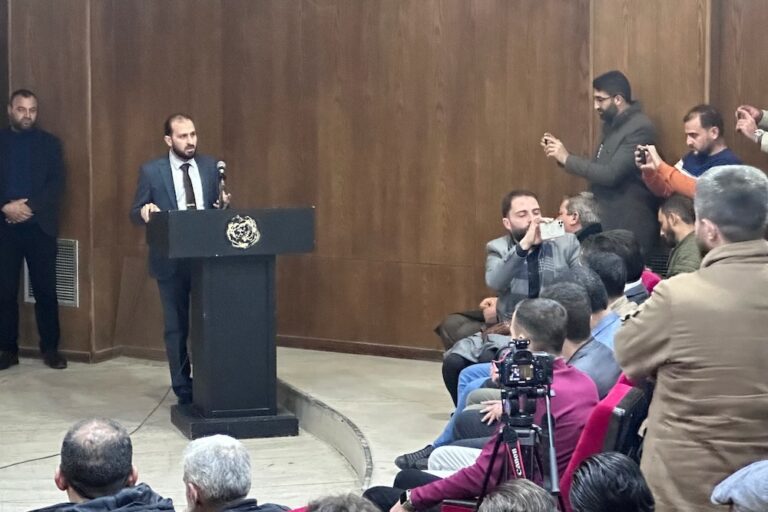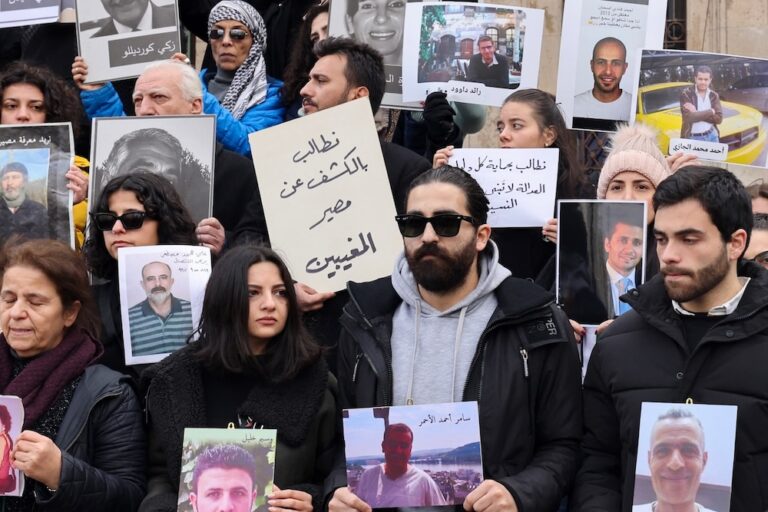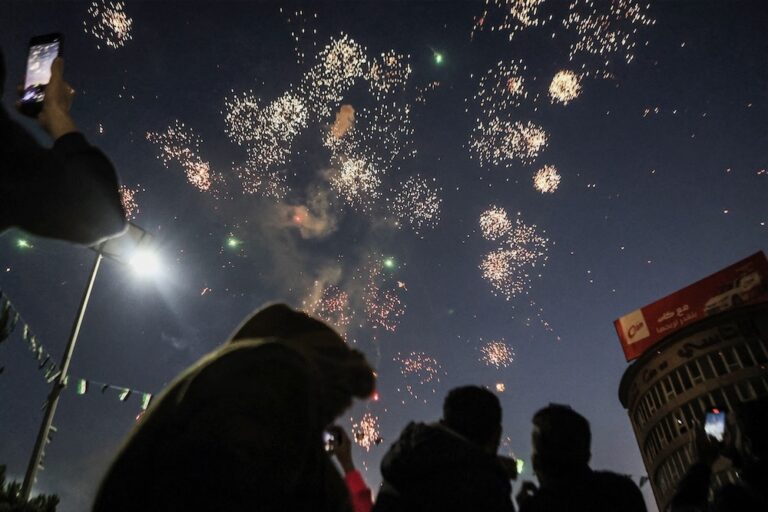Security forces in at least two towns prevented medical personnel and others from reaching wounded protesters and prevented injured protesters from accessing hospitals, Human Rights Watch said.
(Human Rights Watch/IFEX) – New York, April 12, 2011 – Syrian security forces in at least two towns prevented medical personnel and others from reaching wounded protesters on April 8, 2011, and prevented injured protesters from accessing hospitals, Human Rights Watch said today. Human Rights Watch, which interviewed 20 witnesses from three Syrian towns, urged Syrian authorities to allow injured protesters unimpeded access to medical treatment and to stop using unjustified lethal force against anti-government protesters.
“To deprive wounded people of critical and perhaps life-saving medical treatment is both inhumane and illegal,” said Sarah Leah Whitson, Middle East director at Human Rights Watch. “Barring people from needed medical care causes grave suffering and perhaps irreparable harm.”
Blocking access to necessary medical treatment for people who have been injured violates the government’s obligations to respect and protect the right to life and not to subject anyone to inhuman treatment, Human Rights Watch said.
Human Rights Watch interviewed six witnesses from the town of Daraa, ten from Harasta, and four from Douma, towns where protests took place on Friday April 8. Those interviewed included four doctors, four injured protesters, formerly detained protesters, and families of wounded protesters.
Human Rights Watch confirmed that at least 28 people were killed in protests in the three towns on that day. Syrian human rights groups provided a list of 27 protesters killed in Daraa on April 8, and Human Rights Watch confirmed the death of at least one additional protester in Douma. Protests also took place in Qamishli, Derbassiye, Banyas, Amuda, Homs, Latakia, Tartous, and Arbeen, but Human Rights Watch was unable to obtain reliable information about any casualties in these towns.
“Syria’s leaders talk about political reform, but they meet their people’s legitimate demands for reform with bullets,” said Sarah Leah Whitson, director of the Middle East and North Africa division at Human Rights Watch. “They accuse the protesters of inciting divisions in Syria’s society, but the violence of their security forces is what is harming Syria the most.”
( . . . )


